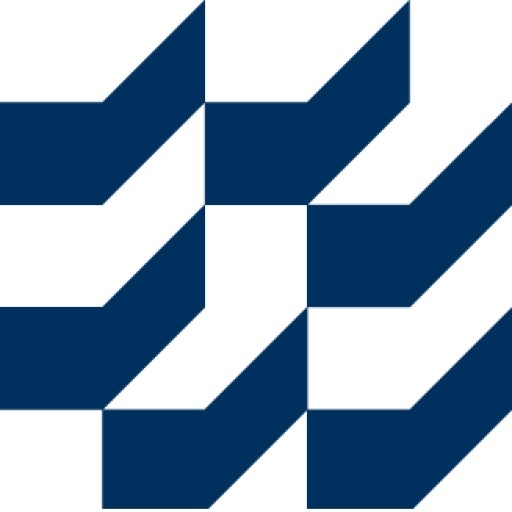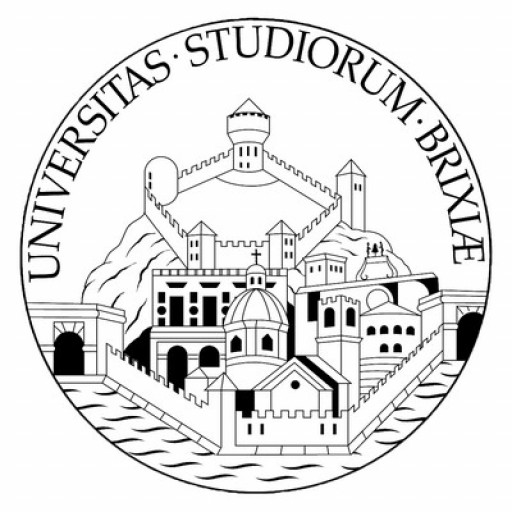Photos of university / #fachhochschule_kiel
Industrial Engineering (Continuing) at Kiel University of Applied Sciences is a specialized postgraduate program designed to equip experienced professionals with advanced knowledge and skills in the field of industrial engineering. This program aims to bridge the gap between technical expertise and managerial competencies, fostering the development of comprehensive solutions for complex industrial challenges. It focuses on interdisciplinary principles, integrating areas such as production management, automation, logistics, quality assurance, and process optimization to prepare graduates for leadership roles in diverse industrial sectors. The curriculum emphasizes practical application through project-based learning, internships, and case studies, enabling students to translate theoretical concepts into real-world solutions. The program also covers modern topics like digitalization, Industry 4.0, and sustainable manufacturing, reflecting the latest trends and innovations in the industry. Classes are delivered by experienced faculty members with strong links to industry partners, ensuring that the education remains relevant and up-to-date. Students will have access to state-of-the-art facilities, laboratories, and software tools to enhance their learning experience. The program encourages networking, collaboration, and intercultural exchange, providing a global perspective essential for today’s interconnected industrial environment. Upon graduation, students will be well-prepared to pursue managerial positions, consultancy roles, or to continue their academic journey in doctoral studies. The Industrial Engineering (Continuing) program at Kiel University of Applied Sciences is committed to fostering competent, innovative, and responsible professionals who can contribute effectively to the advancement of industry and society. It is an ideal choice for working professionals seeking to deepen their expertise and accelerate their career development in the dynamic field of industrial engineering.
The Continuing Industrial Engineering program at Kiel University of Applied Sciences offers a comprehensive curriculum designed to deepen students’ expertise in modern industrial processes, technological innovation, and management strategies. This program aims to equip graduates with the advanced skills necessary to optimize production systems, improve operational efficiency, and innovate within various engineering sectors. Students will engage with a wide range of subjects, including production planning and control, quality management, automation technology, and supply chain management, ensuring a holistic understanding of the industrial landscape. The curriculum emphasizes practical application through project-based coursework, lab exercises, and industry collaborations, enabling students to solve real-world problems effectively. Additionally, the program covers contemporary topics such as digital transformation, Industry 4.0, and sustainable manufacturing, preparing students for the digital age and the evolving demands of global markets. The program also fosters leadership qualities and project management skills, empowering graduates to take on managerial roles in technical environments. Throughout their studies, learners will benefit from experienced faculty members, state-of-the-art laboratories, and opportunities for internships and industry placements. Graduates of this continuing education program will be well-prepared to pursue careers as industrial engineers, process managers, or consultants in manufacturing companies, logistics firms, or technology enterprises. They will also possess the competencies to contribute to innovative solutions and strategic development within the industrial sector, making a significant impact on efficiency, quality, and sustainability in their professional roles.
The Industrial Engineering (Continuing) program at Kiel University of Applied Sciences is designed to provide students with comprehensive knowledge and practical skills necessary for optimizing complex processes and systems in various industries. To enroll in this program, applicants typically need to have completed a relevant undergraduate degree in engineering, manufacturing, or a closely related field. Additionally, relevant professional experience in industrial or manufacturing environments is often required to demonstrate practical understanding and commitment to the field. The program emphasizes interdisciplinary competencies, including process optimization, project management, logistics, production planning, automation, and quality assurance. Language proficiency in English is essential, as the program is usually taught in English to accommodate international students. Applicants must provide proof of language skills, often through standardized tests such as TOEFL or IELTS. The admissions process also considers motivation and career objectives, usually assessed through a personal statement or interview. The curriculum combines theoretical coursework, practical projects, and internships to ensure that graduates are well-prepared for leadership roles in industrial sectors. Successful completion of this program typically requires earning a specific number of ECTS credits through coursework, examinations, and a final thesis project. Overall, program requirements aim to select motivated candidates with a strong foundation in engineering principles, relevant professional experience, and the ability to thrive in an international learning environment.
Funding options for the Industrial Engineering (continuing) program at Kiel University of Applied Sciences are varied and designed to support students through their academic journey. Students may consider several avenues for financing their studies, including government grants, scholarships, student loans, part-time employment, and university-specific financial aid programs. European Union students and German students alike are generally eligible for state-funded student loans, such as BAföG, which provides financial aid based on need and specific eligibility criteria. Additionally, Kiel University offers numerous scholarships for both German and international students, which can significantly alleviate financial burdens; these scholarships may be awarded based on academic merit, social criteria, or a combination thereof. Students are encouraged to apply early and to prepare necessary documentation to enhance their chances of receiving financial support.
Part-time work is another common financing method among students, with many choosing to work on campus or find employment in nearby companies related to their field of study. The university maintains partnerships with local businesses and industry stakeholders, offering part-time internships and jobs that not only provide income but also valuable practical experience. Furthermore, students may explore external funding sources such as private scholarships offered by foundations, corporations, or international organizations.
International students should also investigate specific international scholarship programs and grants for studying in Germany. For those who are not German residents, there may be additional funding options, including language grants or exchange program scholarships, that can assist with living costs and tuition fees.
It is recommended that prospective and current students consult the Kiel University of Applied Sciences financial aid office and review specific program requirements on the official university website. Students should also monitor application deadlines and prepare detailed financial plans to ensure they can cover tuition, living expenses, study materials, and other costs associated with their education. Financial aid applications often require proof of income, academic records, and personal statements, so early preparation is essential for maximizing support opportunities. Overall, with careful planning, students enrolled in the Industrial Engineering (continuing) program can access a range of financial support mechanisms to facilitate their successful completion of the degree.
Industrial Engineering (continuing) at Kiel University of Applied Sciences offers a comprehensive and advanced curriculum designed to equip students with the skills and knowledge necessary to excel in the evolving industrial landscape. The program emphasizes the integration of engineering principles with management techniques, focusing on optimization, systems thinking, and sustainable production processes. Students explore core disciplines such as manufacturing technologies, automation, logistics, quality management, and data analysis, enabling them to streamline operations and improve efficiency within various industrial settings. The program also includes courses on innovation management, project planning, and digital transformation, preparing graduates to lead complex projects and implement technological advancements effectively. Practical experience is a core component, often gained through internships, project work, and collaborations with industry partners, fostering real-world problem-solving skills. The curriculum is tailored to meet the needs of the modern industry, aligning with current trends such as Industry 4.0 and smart manufacturing. Graduates of this continuing education program are well-positioned for leadership roles in manufacturing firms, consulting companies, or to pursue further academic qualifications. The program typically spans several semesters and may be offered in a part-time format to accommodate working professionals. Students benefit from the university's strong ties to industry, modern laboratories, and experienced faculty, all aimed at facilitating a seamless transition into advanced industrial roles. The program also emphasizes sustainable practices, digitalization, and lifelong learning, ensuring that graduates remain adaptive and competitive in a rapidly changing technological environment. Overall, Industrial Engineering (continuing) at Kiel University of Applied Sciences stands out as an excellent opportunity for professionals seeking to deepen their expertise and advance their careers in the industrial sector.







